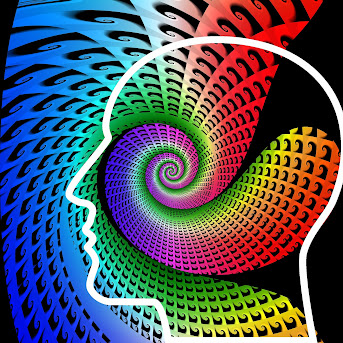How to Manage and Reduce (Relationship) Stress
“Great couples still get angry with each other, but they continue to discuss until there is a solution even if it takes several days.” -Bob Grant
Stress Management Research
Stress Management Resources
Coping with Stress (in Relationships)
A Review of the effectiveness of Stress Management Skills training on academic vitality and psychological well-being of college students Journal of Medicine and Life
A Study of Causes of Stress and Stress Management among Youth ResearchGate
A Study of Learning Stress and Stress Management Strategies of the Students of Postgraduate level: A Case Study of Islamia University of Bahawalpur, Pakistan ScienceDirect
Coping with Stress (in Relationships)
A Review of the effectiveness of Stress Management Skills training on academic vitality and psychological well-being of college students Journal of Medicine and Life
A Study of Causes of Stress and Stress Management among Youth ResearchGate
A Study of Learning Stress and Stress Management Strategies of the Students of Postgraduate level: A Case Study of Islamia University of Bahawalpur, Pakistan ScienceDirect
An Overview of Stress Management Verywell Mind
What Coping Strategies Can Help Manage Stress? Verywell Mind
Why Stress happens and how to manage it Article
Coping with Stress CDC
Coping with Stress at Work American Psychological Association
Effective Stress Relief Strategies Verywell Mind
Effective Stress Relief Strategies Verywell Mind
Healthy ways to handle life’s stressors American Psychological Association
How to Manage and Reduce Stress Mental Health
Manage Stress: Tips and Information to Help You Thrive Cornell University
Manage stress and regain control with 20 tips to better living BetterUp
Practice of stress management behaviors and associated factors among undergraduate students of Mekelle University, Ethiopia: a cross-sectional study BMC PsychiatryManage Stress: Tips and Information to Help You Thrive Cornell University
Manage stress and regain control with 20 tips to better living BetterUp
Simple Ways to Cope with Stress Shutter Health
Stress Management: Definition, Techniques, and Strategies The Berkeley Well-Being Institute
Stress Management in Work Settings: A Critical Review of the Health Effects Sage Journals
Stress Management: Definition, Techniques, and Strategies The Berkeley Well-Being Institute
Stress Management in Work Settings: A Critical Review of the Health Effects Sage Journals
Stress Management Techniques, Strategies & Activities Article
Struggling with stress? Article
The Long-Term Consequences of Negative Stress Article
What Causes Stress? Stress Management MedicineNet
Examining the Effects of Couples’ Real-Time Stress Article
Ways to Manage Stress WebMD
Relationship Stress : Coping with Relationship Stress
Causes Of Stress In Relationships (And How To Handle Them) Article
How To Address Stress In A Relationship Article
How to Control Anger and Frustration in a Relationship Article
How to Let Go of a Relationship That Stresses You Article
How to Handle Relationship Anxiety / Stress Article
Rescuing Your Relationship from Stress Article
What are the effects of stress on a relationship? Article
Ways Stress Can Affect Your Romantic Relationships Article








